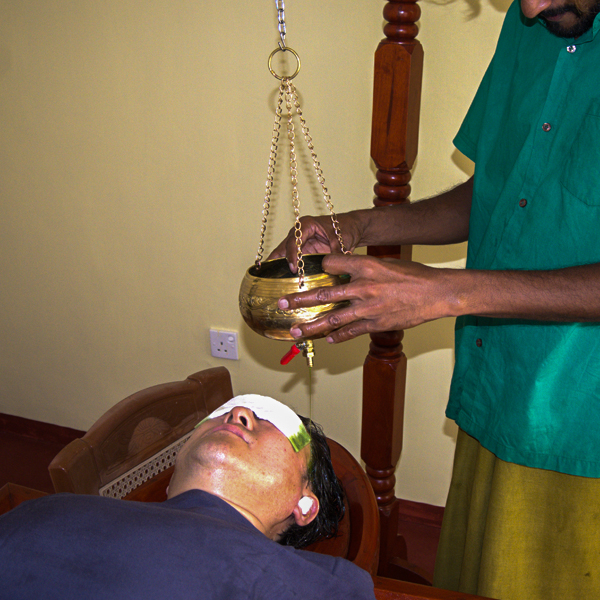Migraine is a neurological disorder characterized by recurring, intense headaches that can last for hours or even days. It often comes with symptoms such as nausea, vomiting, and sensitivity to light and sound, significantly impacting daily activities. While the exact cause remains unknown, factors like genetics, stress, hormonal imbalances, and environmental triggers play a role. Managing migraines requires a combination of medical treatments, lifestyle adjustments, and alternative therapies, including Ayurveda and acupuncture, to help reduce their frequency and severity.
Migraines can be triggered by a variety of internal and external factors. Common causes include stress, irregular sleep patterns, hormonal fluctuations, certain foods, dehydration, and environmental stimuli such as bright lights or loud noises. Weather changes and strong odors may also contribute. Some individuals are genetically predisposed to migraines, making them more susceptible. Additionally, imbalances in brain activity, affecting nerve signals and blood circulation, are believed to be underlying causes of migraine episodes.
From a conventional medical perspective, migraines are thought to be caused by abnormal brain activity affecting the nervous system and blood vessels. Stress, hormonal fluctuations, dehydration, and food sensitivities are commonly linked to migraine attacks. Changes in brain chemicals, which influence pain regulation, may also play a role in triggering headaches.
In Ayurveda, migraines, known as "Ardhavabhedaka," are attributed to an imbalance in Pitta and Vata doshas. Excess heat and irregular nervous system activity cause disturbances, leading to headaches. Poor digestion, toxin accumulation (Ama), stress, excessive exposure to sunlight, and improper diet are considered major contributing factors. Ayurveda emphasizes that migraines result from an aggravated Pitta in the body, leading to inflammation and discomfort.
Acupuncture and Traditional Chinese Medicine (TCM) view migraines as an imbalance in the body's energy (Qi) and blood flow, particularly within the liver and gallbladder meridians. Emotional stress, prolonged mental strain, and dietary factors are believed to cause blockages in energy pathways, leading to migraines. Additionally, deficiencies in kidney or spleen energy can contribute to frequent headaches. Poor circulation of Qi and blood stagnation can create pressure in the head, intensifying migraine episodes.
Each approach provides a unique understanding of migraines, focusing on different bodily systems and factors. A combination of these perspectives can offer more comprehensive and effective treatment strategies.
Conventional medicine focuses on relieving symptoms and preventing migraine attacks through lifestyle modifications, stress management, dietary adjustments, and relaxation techniques. Identifying personal triggers and maintaining a consistent daily routine are key preventive measures.
In Ayurveda, treatment aims to balance Pitta and Vata doshas through detoxification therapies such as Panchakarma, herbal remedies, and dietary modifications. Cooling therapies, meditation, and yoga are recommended to calm the nervous system and prevent migraine recurrence.
Acupuncture involves stimulating specific meridian points to regulate energy flow and improve blood circulation. This approach helps to reduce headache intensity and frequency over time. Acupressure, moxibustion, and cupping therapy are also used to restore balance in the body's energy channels. Combining these approaches can provide a holistic and natural way to manage migraines effectively.
The combination of Ayurveda and acupuncture offers a holistic and natural approach to migraine relief. Ayurveda focuses on detoxification, dietary balance, and lifestyle modifications to eliminate the root cause, while acupuncture enhances energy flow and reduces nervous system hypersensitivity. Studies suggest that integrating these therapies helps reduce migraine frequency and intensity while promoting overall well-being. Ayurveda’s stress management techniques, such as meditation and breathing exercises, complement acupuncture’s ability to restore balance within the body. This combination not only addresses symptoms but also strengthens the body’s resilience, making it a sustainable and long-term solution for those suffering from migraines.

